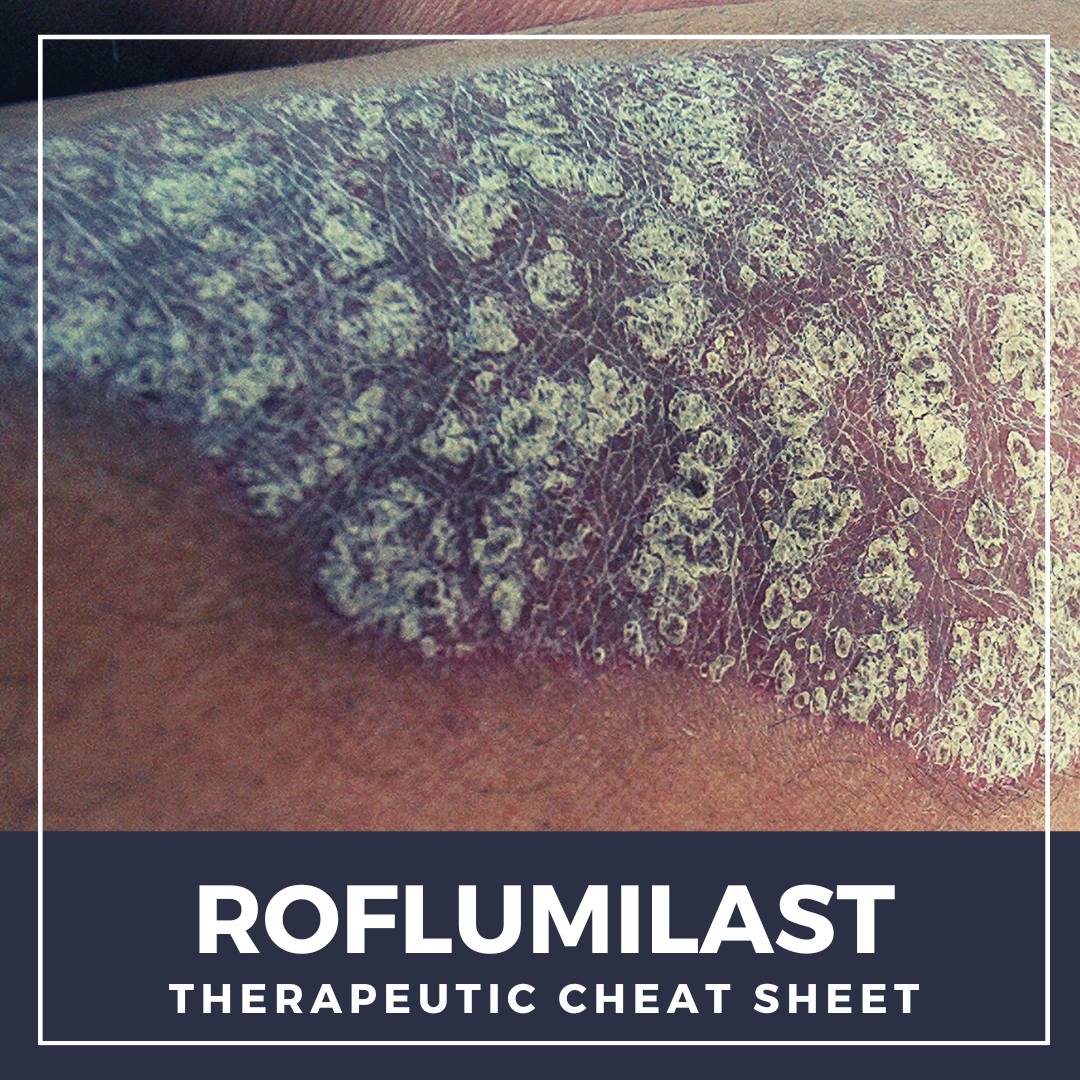Patient Buzz: Stopping Filler | The Expert Weighs In
 Allure recently posted an article on what happens if a person stops getting filler. What should dermatologists recommend to their patients who want to stop using filler? How can dermatologists help prevent “filler fatigue”?
For expert advice, I reached out to Robyn Siperstein, MD, FAAD, a dermatologist in Boca Raton and Boynton Beach, Fla.
Have you noticed more of your patients lookin …
Allure recently posted an article on what happens if a person stops getting filler. What should dermatologists recommend to their patients who want to stop using filler? How can dermatologists help prevent “filler fatigue”?
For expert advice, I reached out to Robyn Siperstein, MD, FAAD, a dermatologist in Boca Raton and Boynton Beach, Fla.
Have you noticed more of your patients lookin …
 Allure recently posted an article on what happens if a person stops getting filler. What should dermatologists recommend to their patients who want to stop using filler? How can dermatologists help prevent “filler fatigue”?
For expert advice, I reached out to Robyn Siperstein, MD, FAAD, a dermatologist in Boca Raton and Boynton Beach, Fla.
Have you noticed more of your patients lookin …
Allure recently posted an article on what happens if a person stops getting filler. What should dermatologists recommend to their patients who want to stop using filler? How can dermatologists help prevent “filler fatigue”?
For expert advice, I reached out to Robyn Siperstein, MD, FAAD, a dermatologist in Boca Raton and Boynton Beach, Fla.
Have you noticed more of your patients lookin … Continue reading "Patient Buzz: Stopping Filler | The Expert Weighs In"


 Dr. Nishad Sathe, Next Steps Correspondent, interviewed Lily M. Parker, second year medical student at the University of South Florida Morsani College of Medicine, to dig deeper on her research study titled “A mindfulness-based smartphone application intervention to improve the quality of life of patients with cutaneous T-cell lymphoma. A pilot/feasibility study, and an analysis of social determ …
Dr. Nishad Sathe, Next Steps Correspondent, interviewed Lily M. Parker, second year medical student at the University of South Florida Morsani College of Medicine, to dig deeper on her research study titled “A mindfulness-based smartphone application intervention to improve the quality of life of patients with cutaneous T-cell lymphoma. A pilot/feasibility study, and an analysis of social determ …  Next Steps in Derm, in partnership with Skin of Color Update, interviewed Dr. Candrice Heath, assistant professor of dermatology at the Lewis Katz School of Medicine at Temple University. Dr. Heath shares her tips for culturally sensitive dermatology consults, specifically consults involving hair concerns in children. Watch as she encourages clinicians to consider time when creating a treatment p …
Next Steps in Derm, in partnership with Skin of Color Update, interviewed Dr. Candrice Heath, assistant professor of dermatology at the Lewis Katz School of Medicine at Temple University. Dr. Heath shares her tips for culturally sensitive dermatology consults, specifically consults involving hair concerns in children. Watch as she encourages clinicians to consider time when creating a treatment p …  Roflumilast is a non-steroidal topical cream that was FDA approved for the treatment of plaque psoriasis in 2022.1 Roflumilast selectively inhibits phosphodiesterase-4 (PDE-4), which is an enzyme that mediates inflammatory responses and has been shown to play a role in several dermatologic diseases.2 Prior to topical roflumilast, oral PDE-4 inhibitors have been investigated across a wide variety o …
Roflumilast is a non-steroidal topical cream that was FDA approved for the treatment of plaque psoriasis in 2022.1 Roflumilast selectively inhibits phosphodiesterase-4 (PDE-4), which is an enzyme that mediates inflammatory responses and has been shown to play a role in several dermatologic diseases.2 Prior to topical roflumilast, oral PDE-4 inhibitors have been investigated across a wide variety o …  Next Steps in Derm, in partnership with Skin of Color Update, interviewed Dr. Andrew Alexis, co-chair of Skin of Color Update, and vice-chair for diversity and inclusion for the Weill Cornell Medical College Department of Dermatology. Dr. Alexis points out that acne is the most common dermatologic condition for which patients with skin of color seek a dermatologist’s care. Hear why it’s impor …
Next Steps in Derm, in partnership with Skin of Color Update, interviewed Dr. Andrew Alexis, co-chair of Skin of Color Update, and vice-chair for diversity and inclusion for the Weill Cornell Medical College Department of Dermatology. Dr. Alexis points out that acne is the most common dermatologic condition for which patients with skin of color seek a dermatologist’s care. Hear why it’s impor …